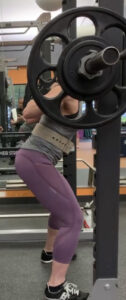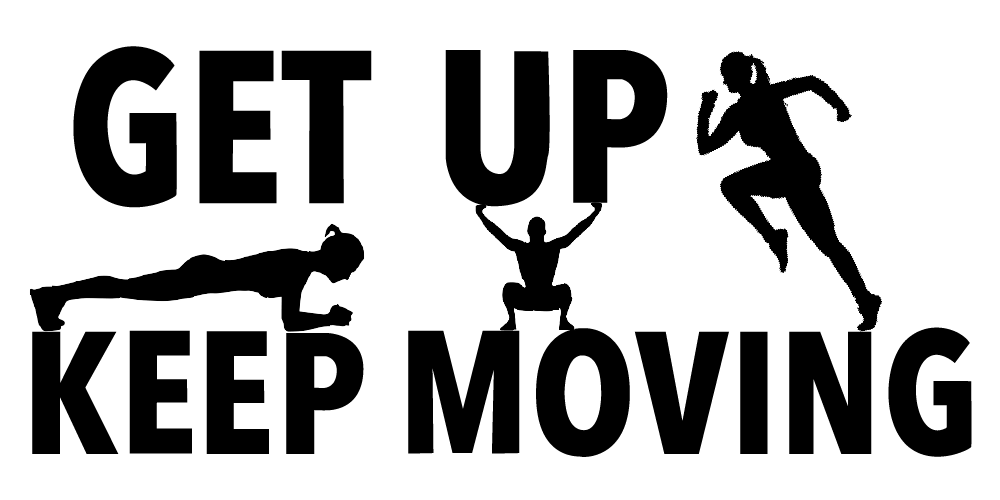Adaptation… or plateau?
The human body has an incredible capacity to adapt to all kinds of stressors. Biological adaptation occurs in the short term when we sweat on a hot day. Over the long term humans have adapted in height and skin color.
What about adaptation to exercise? If we exercise regularly, and vigorously enough, with appropriate recovery periods we will see gains in muscular strength, and cardio fitness will improve. We also know that if there is a period of disruption from training we will lose muscle, and cardio fitness will be reduced. In the clinical scenario the body adapts to the effects of movement and exercise in physical therapy. #movementismedicine
That makes sense. But here’s the often misunderstood aspect of adaptation – we also adapt to exercise as we are getting stronger and fitter.
Many folks are looking for “maintenance”, general fitness, and strength for everyday tasks. They might get a written workout plan from a trainer, or follow videos, or sign up for programs of group training. All good stuff.

But here’s where it gets tricky.
Adaptation gains occur with smart training and a program of exercise that utilizes progressions, recovery, increasing/decreasing volume and intensity, and variety. Exercise is stress, and it can be very good stress.
On the other side, we lose gains from exercise as the body gets used to it. if we keep doing the same exercise program, training at the same intensity, or running the same distances we’ll see a plateau – “training effect”.
The human body is a miracle of adaptation, and all systems of the body respond – adapt to smart training.





One Response